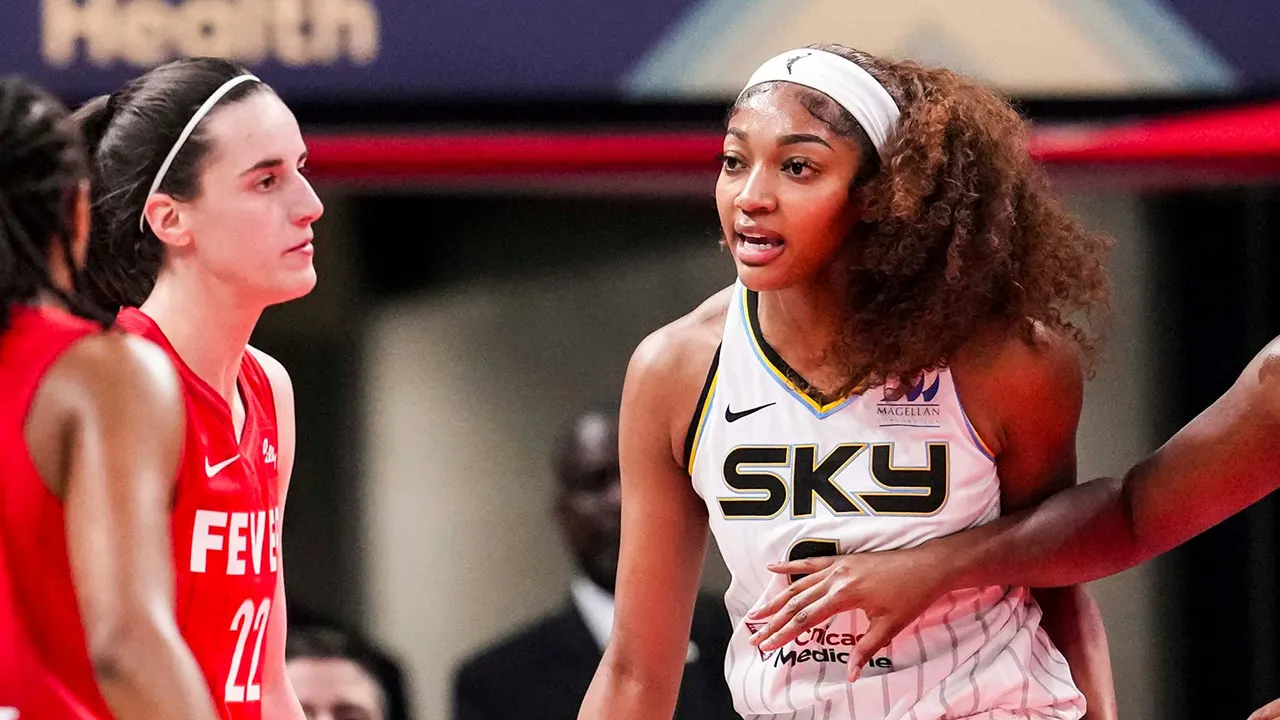Open-top buses are a favourite of visitors to London, including many of the half million Australians who travel there each year. Ange Postecoglou became the latest to hop aboard as part of a parade celebrating Tottenham’s Europa League triumph.
There is no Buckingham Palace, no Tower of London, no Piccadilly Circus on Friday’s route – or Saturday morning for those watching from Australia. Rather, this was an unusual journey around not central but north London. On an ordinary day, Tottenham and Edmonton are areas deemed too common for most to be worth seeing. But this promised a rare spectacle, a sight to behold, in an area starved of football success.
Advertisement
Others have already been celebrating. This week marks the high point in Australian football success. There have been bigger trophies won by players, the occasional fleeting World Cup run by the Socceroos or Matildas. But an Australian manager winning a major European competition is rarer than a trophy in Tottenham.
Related: David Squires on … Ange Postecoglou winning the Europa League for Australia
Even with this season’s league form, Postecoglou’s Spurs tenure can now be considered a success, and another compelling job in Europe should be his. The manager has delivered the club one of its most famous days. And he has done it despite injuries, despite only limited support from the club’s higher-ups. Despite an at times poisonous environment of criticism and ridicule.
Just to make it to the Premier League, Postecoglou has done things no Australian has done before. Yet that scarcity has not necessarily elicited endearment in England. Even before Spurs’ form went south, Postecoglou’s demeanour and confidence grated with many.
Advertisement
“Australianness” alone has not been Postecoglou’s problem. In the capital of the British empire, subjects from Australia have long been welcomed. Across pop music, soap operas, cricket and even rugby, those of the antipodes are admired and often openly loved. The negligible differences between the two Anglosphere cultures are normally made up for by their similarities.
But when an English institution is challenged by an Australian, those differences can emerge as great cracks in the Commonwealth. Into the country’s most cherished pursuit of football, the assault of Ange has been a lot to take in.
Postecoglou estimated this week he has done more than a hundred press conferences this season. He agrees he has made mistakes, and admits he has been overexposed. That peculiarity of an Australian accent at football’s highest level, having skipped the queue of an English football apprenticeship, has been too much for some to bear.
The xenophobia nudging him towards the door has, of course, not been the decisive factor in his predicted departure at the end of the season. The 21 league defeats count for far more. He could still continue in the role, having secured a berth in the Champions League next season and declaring he wants to continue building the team.
Advertisement
Spurs’ league form is an ugly blemish, no question. Like Toadfish in the 1990s, hard to look at but impossible to ignore. But Postecoglou’s chutzpah in declaring he always wins a trophy in his second season, and then actually pulling it off, has somehow made up for it.
Few will remember Spurs falling 2-0 away to Brentford in February. Or losing to Fulham by the same score in March. But none can quickly shake the image of Sergio Reguilon and James Maddison holding a banner in Bilbao with the Australian in 8-bit thug life sunglasses above his now infamous quote: “I ALWAYS win things in my second year.”
For Australian football followers, a defeat for Postecoglou’s side against Manchester United was almost too painful to imagine. In that universe, his meek failure at one of the best-resourced clubs in world football would likely have precluded an Australian from a similar opportunity for a long time to come. Australians might still be welcomed in the game’s proletariat of players, were they up to it. But in the culture-setting class of men’s football management, that would have been it. After Ange, no more mates.
The Europa League trophy wedges open this door, the draught’s oxygen keeping the fire burning among Australia’s ambitious globetrotting coaches such as Kevin Muscat, Patrick Kisnorbo and Mile Jedinak – the latter one of Postecoglou’s assistants at Spurs. And it lights one under the next generation, seeing that maybe this pathway has been paved.
Advertisement
Of the many pro-Postecoglou pieces of social media content that exploded this week was after the final of the 2015 Asian Cup, won by the Socceroos over the South Korea side of a young Son Heung-min. After the whistle, the camera tracked the Australia coach offering his condolences to the Koreans, including a poignant moment with a teary Son a decade before the pair would share their greatest success.
Son’s career as a Tottenham legend is well entrenched, while Postecoglou’s record in Australia, Japan and Scotland remains heavily scrutinised. But this exchange has resurfaced as a fresh plot point, a director’s cut for one of Spurs’ great glories, and a reminder the world of football is vast and rich.
But in Tottenham’s heartland, the celebration for Spurs fans was an occasion far bigger than Big Ange. The sight of an open-topped bus ended decades of pain. And amid it all was Postecoglou, a tourist no more.
.png)
 German (DE)
German (DE)  English (US)
English (US)  Spanish (ES)
Spanish (ES)  French (FR)
French (FR)  Hindi (IN)
Hindi (IN)  Italian (IT)
Italian (IT)  Russian (RU)
Russian (RU) 








Comments